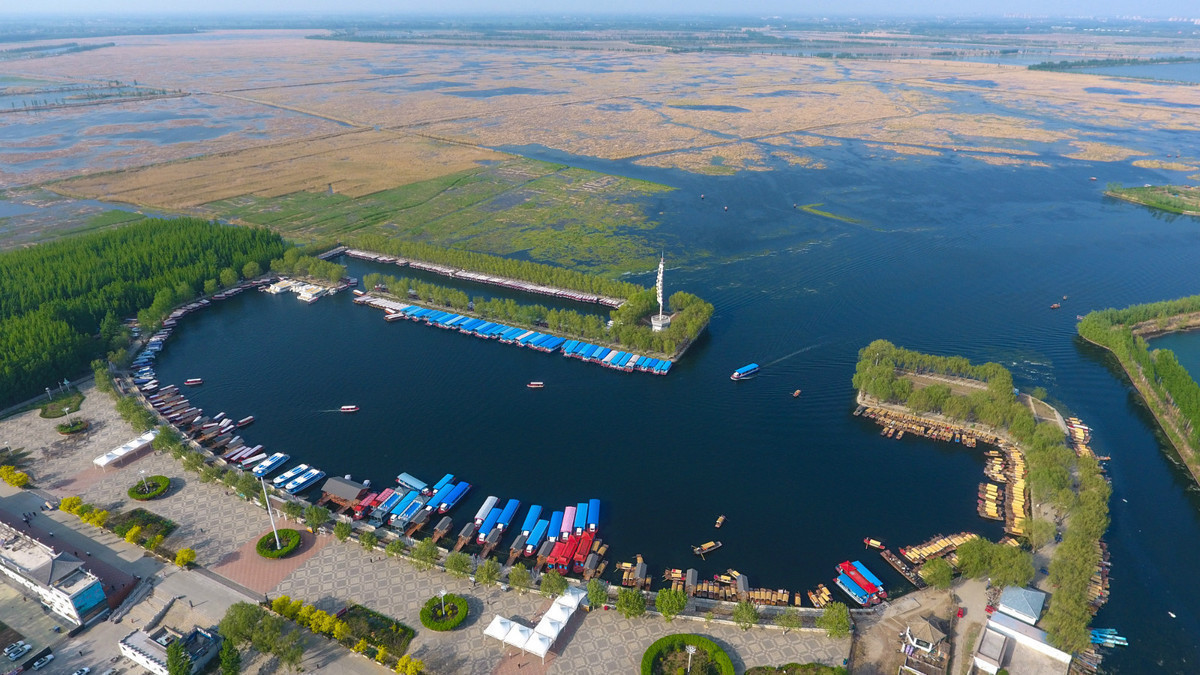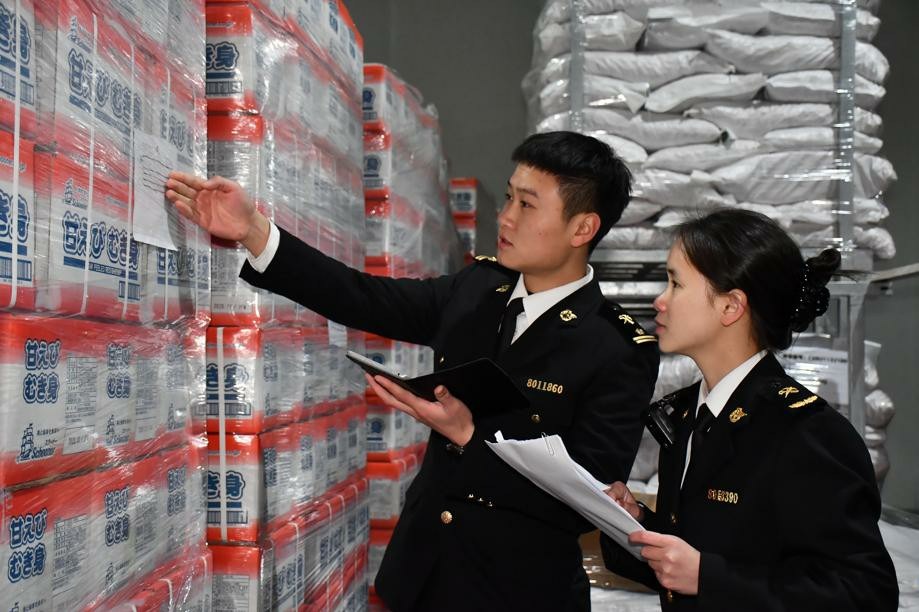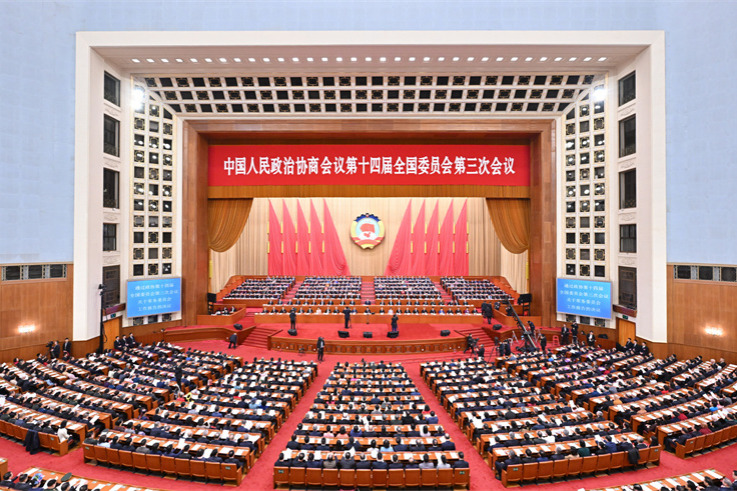China's Hebei sees record low PM2.5 density in 2020


SHIJIAZHUANG -- The smog-prone northern Chinese province of Hebei reported a record-low average PM2.5 density last year, thanks to its continuous efforts in afforestation and energy structure optimization, noted a work report from the provincial government.
The average concentration of PM2.5 in Hebei was 44.8 micrograms per cubic meter in 2020, down nearly 40 percent from 74 micrograms per cubic meter in 2015 and the lowest measurement since the province started to collect the data, according to the report delivered at the ongoing annual session of the provincial legislature.
The province afforested more than 2.6 million hectares of land from 2016 to 2020, raising its forest coverage from 31 percent to 35 percent, the report added.
Over the past five years, the province also worked to regulate or phase out enterprises causing heavy pollution and improve its energy structure, such as replacing coal with natural gas and electricity. Its energy consumption per unit of GDP dropped by 21 percent during the period.
The Hebei provincial government has pledged to afforest 400,000 hectares of land and bring down the average concentration of PM2.5 by 3 percent this year.
The province will also continue to decarbonize its key industries and increase the share of green energy in its energy structure. It aims to add about 6-million-kilowatt installed capacity of renewable energy, such as solar and wind power, this year.
- Chinese biologists invent new nanomaterial to enhance plant photosynthesis
- Tourists have fun at scenic area of Jiulong Waterfalls in SW China's Yunnan
- Live: Ministers take passage interviews on March 11
- LIVE: Closing meeting of the third session of the 14th National People's Congress
- LIVE: NPC deputies take passage interviews on March 11
- Female judges perform their daily duties in Beijing





































